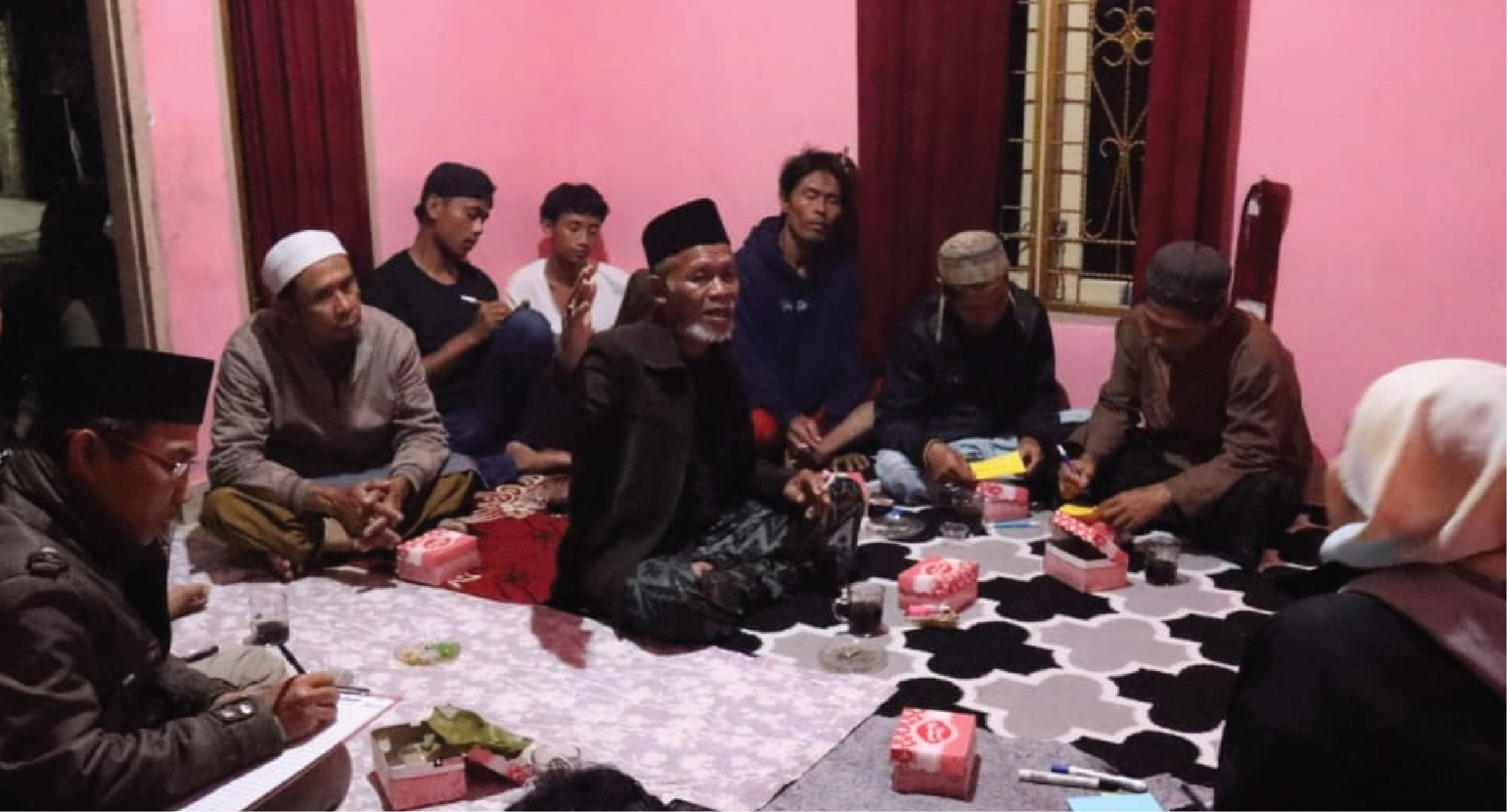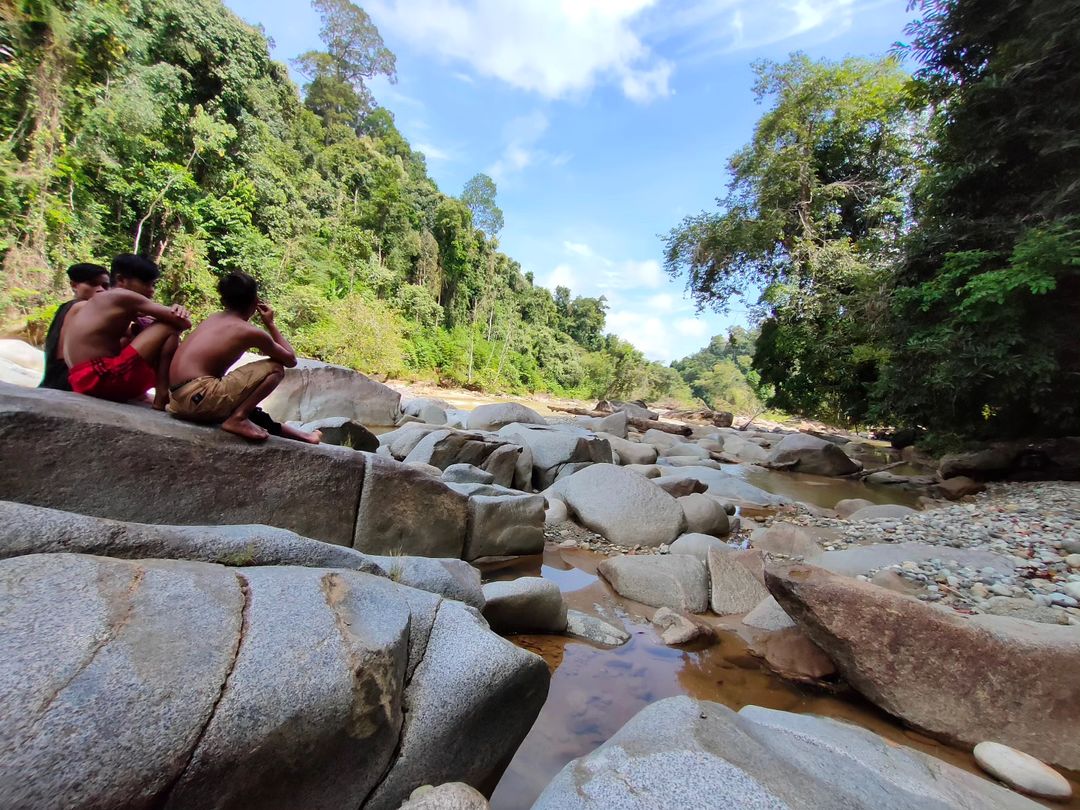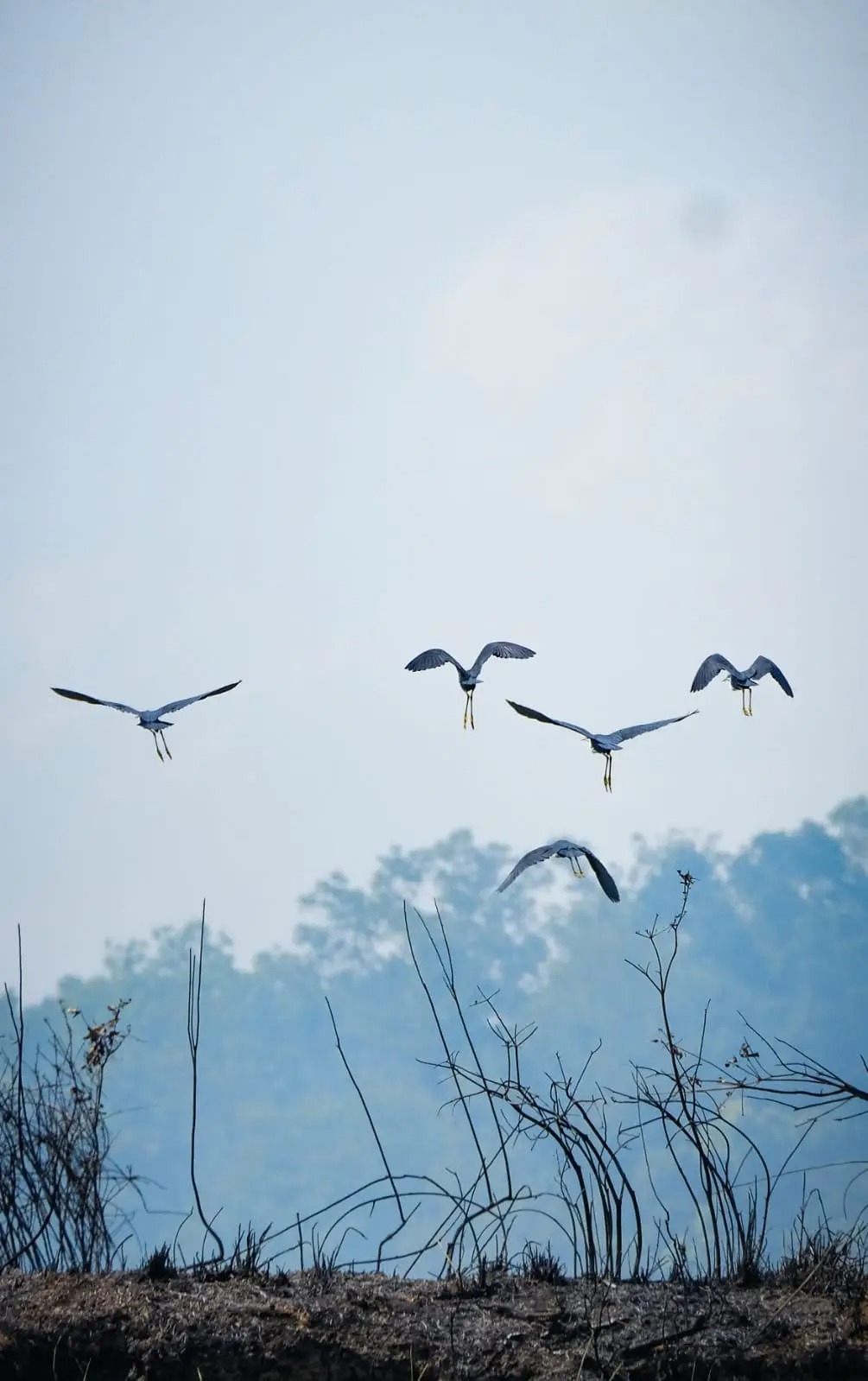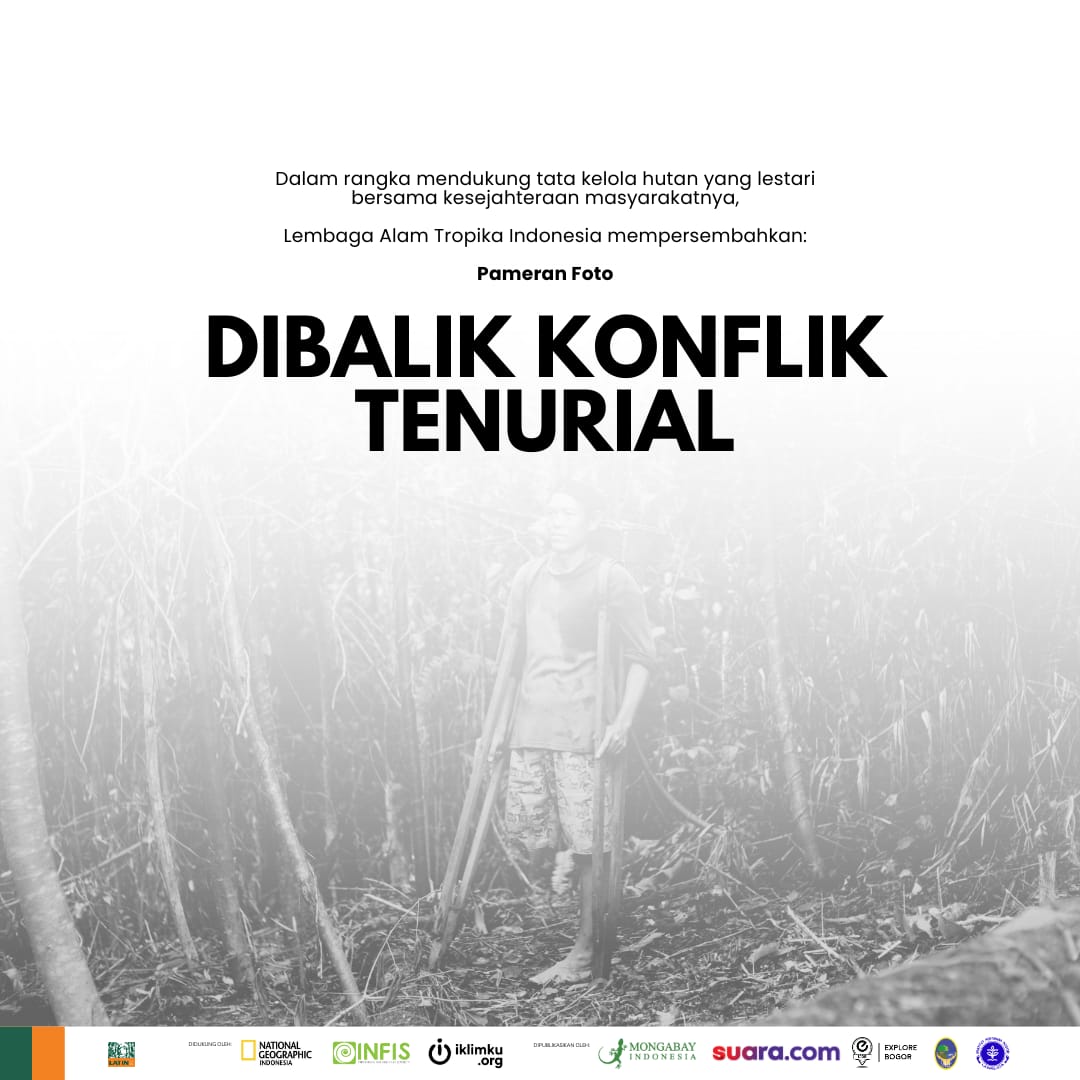11 July 2023 | By post
Field Study of Gender Equality and Assistance in Social Forestry
Monday 10/07/2023, 10.00 WIB  FGD by representatives of Forest Farmers Groups, Women Farmers Groups (KWT), and Joint Business Groups (KUBE). Monday (03/07) Photo: Taufik Saifulloh
FGD by representatives of Forest Farmers Groups, Women Farmers Groups (KWT), and Joint Business Groups (KUBE). Monday (03/07) Photo: Taufik Saifulloh 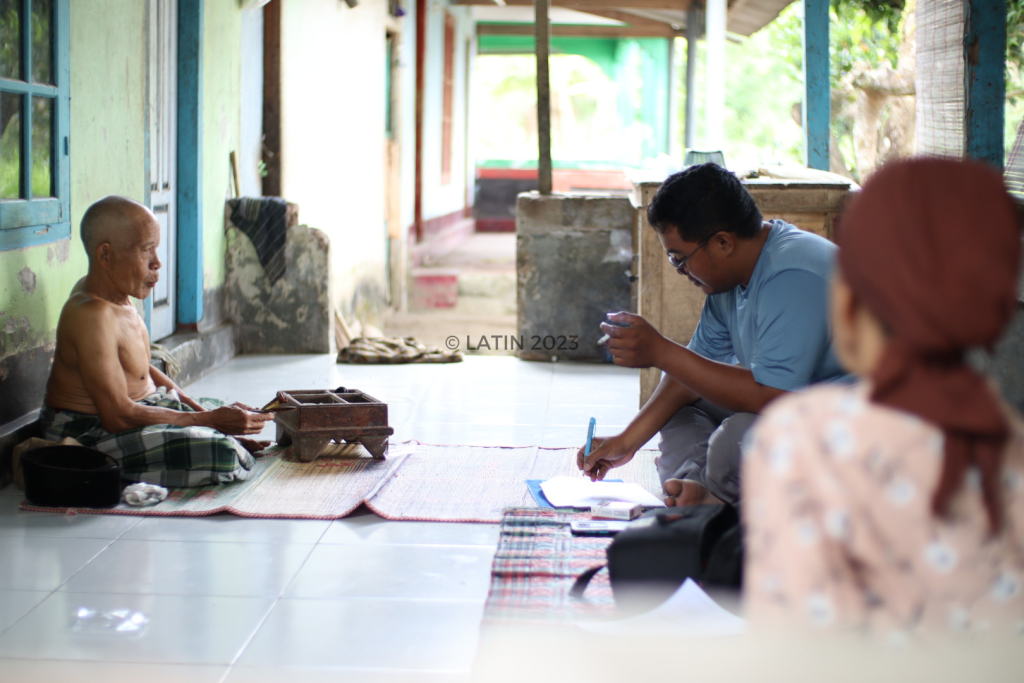

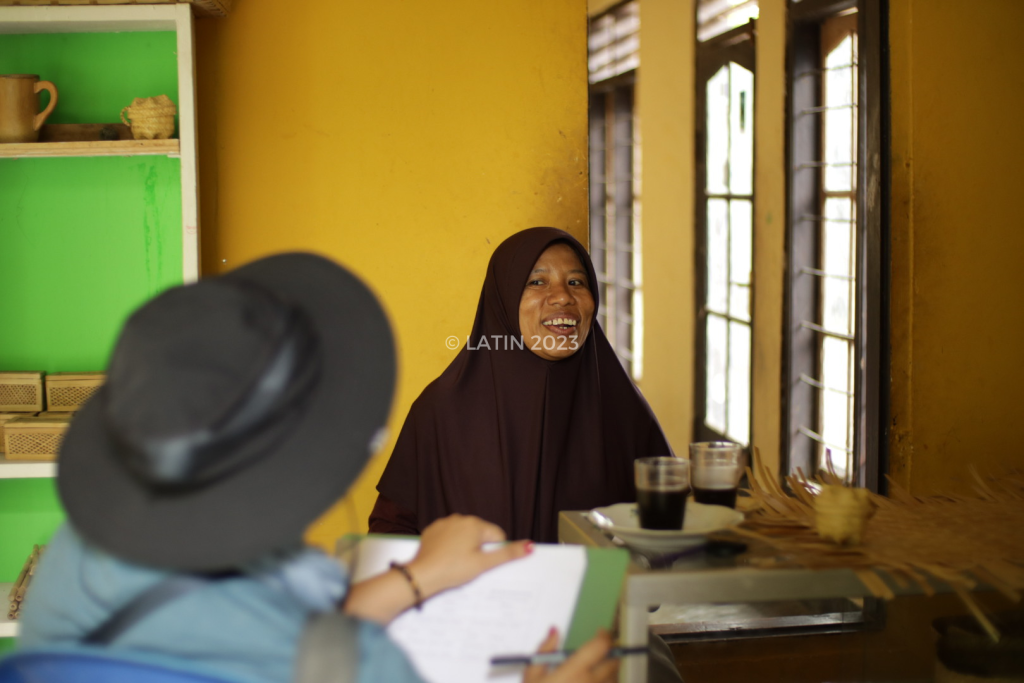 The questionnaire survey was conducted by the LATIN team and Canopi Rimbawan to random respondents who are members of the GAPOKTAN Wana Lestari Forest Farmer Group. Sunday (02/07) Photo: Taufik Saifulloh & Miftahul Khairurrahman
The questionnaire survey was conducted by the LATIN team and Canopi Rimbawan to random respondents who are members of the GAPOKTAN Wana Lestari Forest Farmer Group. Sunday (02/07) Photo: Taufik Saifulloh & Miftahul Khairurrahman
CENTRAL LOMBOK, LATIN.OR.ID – All natural resources and wealth are under the control of the state and used for the greatest prosperity of the people is the mandate contained in the 1945 Constitution of the Republic of Indonesia. The rights and responsibilities for forest management are held by government agencies in cooperation with companies in the form of Business Use (HGU) for many years. The government’s efforts to protect the forest are considered ineffective because the villagers who live around the forest are only used as laborers and still live in poverty.
The granting of forest management permits under the Community Forestry (HKm) scheme to the people of Karang Sidemen Village in 2010 provided a glimmer of hope for the community for a better livelihood as well as the preservation of their living space.
The Indonesian Tropical Nature Institute (LATIN) held a Focus Group Discussion (FGD) regarding the role of women in forest management and the role of participatory mentoring at the house of the chairman of GAPOKTAN, Karang Sidemen Village, North Batukliang District, Central Lombok Regency, NTB. The FGD was attended by 18 women and 15 men belonging to the Forest Farmers Group, Women Farmers Group (KWT), and Joint Business Group (KUBE) on Monday (03/07).
FGD were conducted as a method of extracting data in support of LATIN’s activities with Canopi Rimbawan in research collaboration related to gender equality and Social Forestry assistance in the Community Forest Area (HKm) of Karang Sidemen Village. This field study will document social forestry practices carried out by the community, including gender participation, achievements, obstacles, opportunities and challenges in forest management. The results of this study will be used as a parameter for the success and impact of Social Forestry in the form of the Wakanda Index (Wana Kanaya Sembada Index). “In this village, both men and women work hard to take care of the forest. Women are not afraid to enter the forest and join in the hoeing.”, said Mrs. Juariyah, an FGD participant from Persil Hamlet, Karang Sidemen Village. Juariyah’s statement more or less reflects the division of roles between men and women in Karang Sidemen Village in forest management. Equality of access does not necessarily determine equality of control over the resources that this field research wants to prove.
Field research is being carried out from Sunday (02/07) for the next two weeks using questionnaire survey methods, in-depth interviews and intensive discussions. Eight survey team members from LATIN and Canopi Rimbawan conducted data collection in Karang Sidemen Village (IUPHKm 403 hectares with 741 household members) Batukliang Utara District, Central Lombok Regency, NTB. Determination of respondents was carried out randomly (random sampling) to all members of the Forest Farmers Group who are members of GAPOKTAN Wana Lestari. There will be at least fifty families as respondents with a balanced composition of male and female representation. This study is expected to recommend improvements to the effective management of Social Forestry.
Writer: Taufik Saifulloh Editor: Febri Sastiviani Putri Cantika

